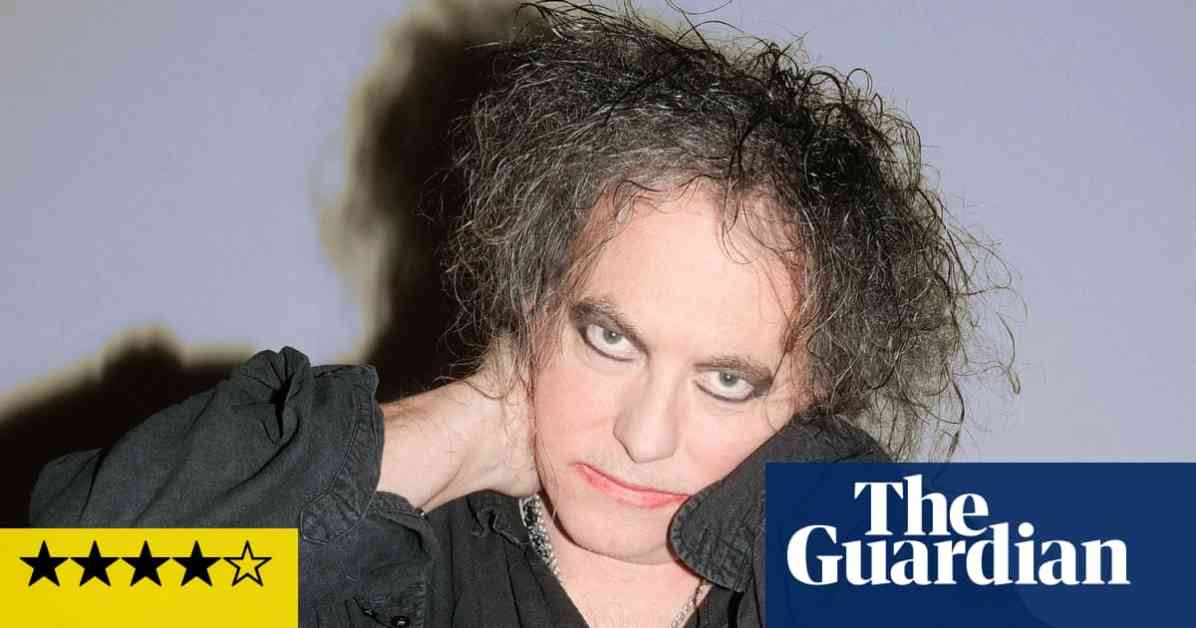The Cure: Alone Album Review – A Majestic Dive into Melancholy
The Cure is a band that has always existed in a realm of duality when it comes to their albums. On one end of the spectrum are the albums filled with catchy pop tunes like “The Head on the Door” and “Wish,” while on the other end lie the dark, brooding explorations of existential despair found in albums like “Pornography” and “Bloodflowers.” With the release of their latest single, “Alone,” after a 16-year hiatus, it seems that The Cure is leaning towards the latter category with their upcoming album, “Songs of a Lost World.”
A Majestic Introduction
“Alone” sets the tone for the upcoming album with its nearly seven-minute runtime, more than half of which is dedicated to a haunting instrumental introduction. The track’s structure is reminiscent of the opener from the band’s acclaimed album “Disintegration,” featuring a deliberate and disjointed sound that keeps the listener on edge. Simon Gallup’s bass weaves in and out, adding distorted layers to the music, while the synths and guitar lines create a sense of eerie beauty.
The rhythm track of “Alone” is stripped down to just the bass drum, snare, and occasional cymbal crash, giving the song a funereally paced feel. The chord sequence, while undeniably majestic, adds to the overall sense of melancholy and introspection. This slow and deliberate pace, combined with the sparse drumming, brings to mind the brutal and austere sound of “Cold” from the band’s seminal album “Pornography.”
A Dive into Despair
When Robert Smith’s haunting vocals finally enter the mix, they are accompanied by lyrics that draw inspiration from the Decadent poet Ernest Dowson’s work, “Dregs.” The imagery in the lyrics of “Alone” paints a picture of hopelessness, mortality, and despair, echoing the themes of Dowson’s poetry. Smith’s introspective lyrics delve into the fleeting nature of life, with references to birds falling from the sky and shattered dreams.
At 65 years old, Smith’s voice carries a weight and gravitas that is a stark contrast to the nihilistic shrug of his younger self. The themes of mortality and loss in “Alone” are deeply personal for Smith, who has spoken about how the deaths of his parents and older brother influenced the making of “Songs of a Lost World.” The sense of urgency and existential dread in his voice is palpable, as he grapples with the fleeting nature of life and the inevitability of death.
A Message of Despair
As a teaser for the upcoming album, “Alone” serves as a stark reminder to fans of The Cure that their best work often lies in the depths of despair and melancholy. For those who prefer the band’s darker and more introspective side, “Alone” is a promising glimpse into what is to come with “Songs of a Lost World.” The track’s haunting beauty and poignant lyrics capture the essence of The Cure’s enduring appeal, showcasing their ability to create music that is both hauntingly beautiful and deeply introspective.
In conclusion, “Alone” is a majestic dive into melancholy, a haunting and introspective track that sets the stage for what promises to be a compelling and emotionally charged album from The Cure. With its brooding atmosphere, haunting melodies, and poignant lyrics, “Alone” is a testament to the band’s enduring creativity and ability to captivate listeners with their unique blend of darkness and beauty.
